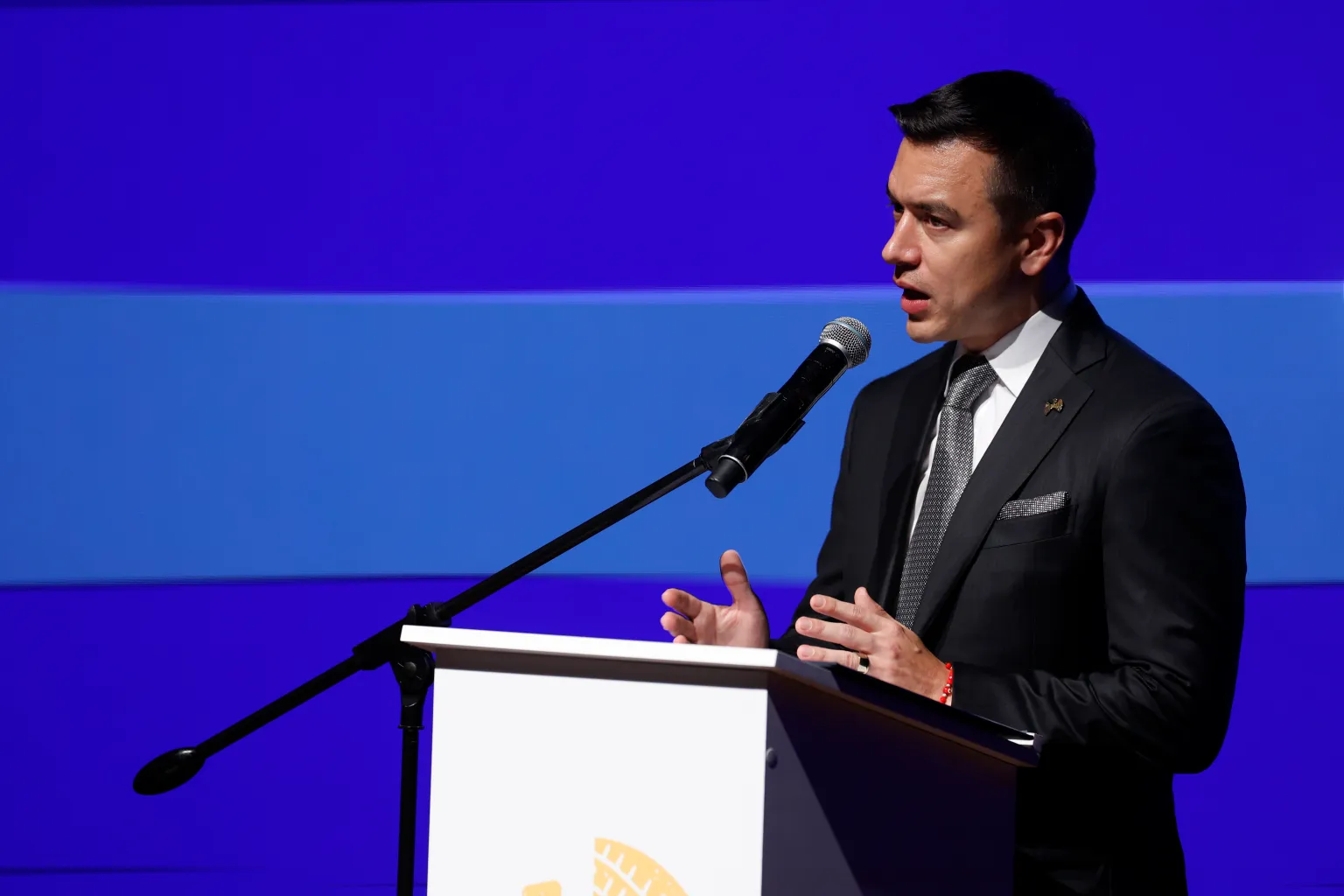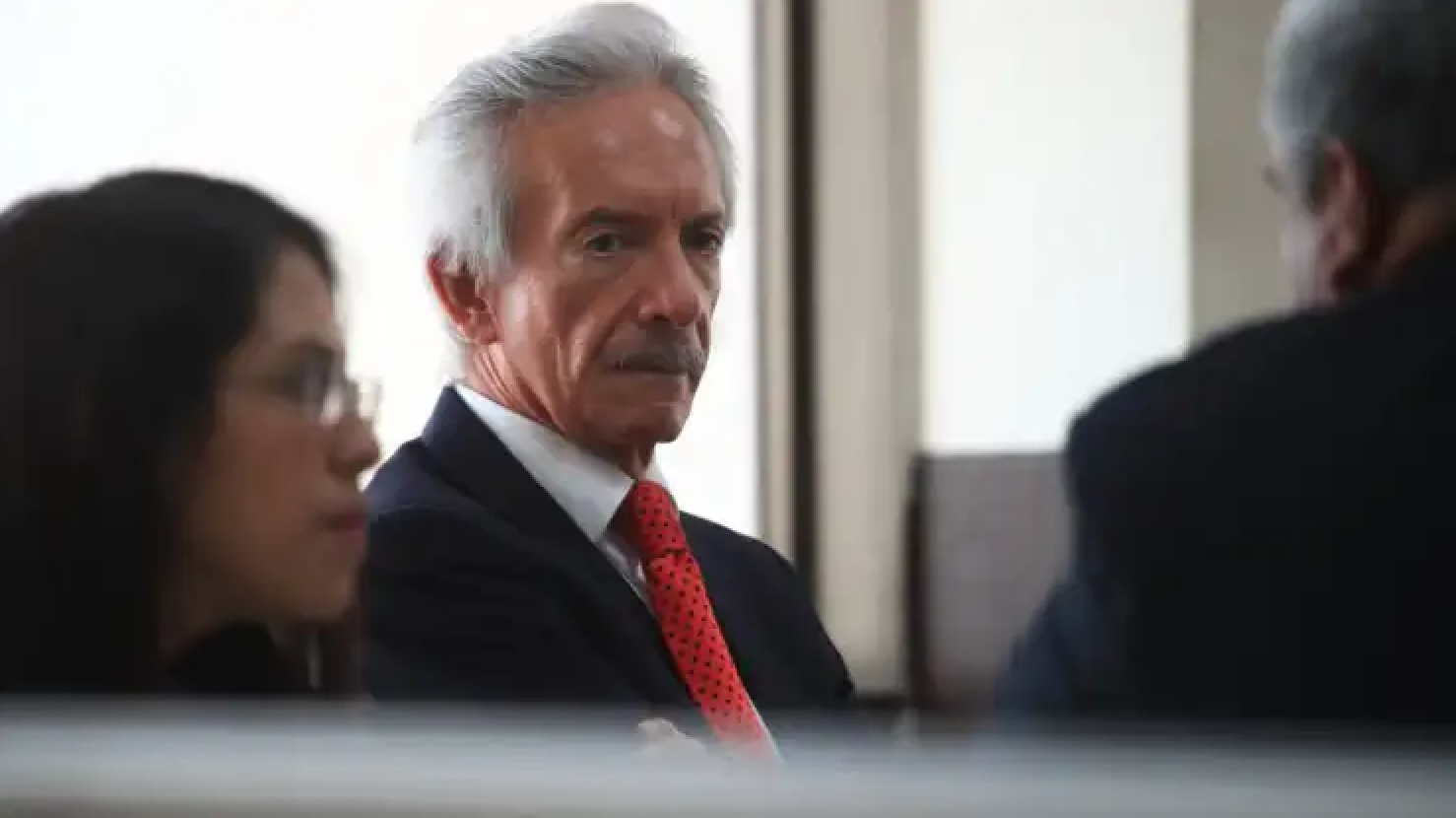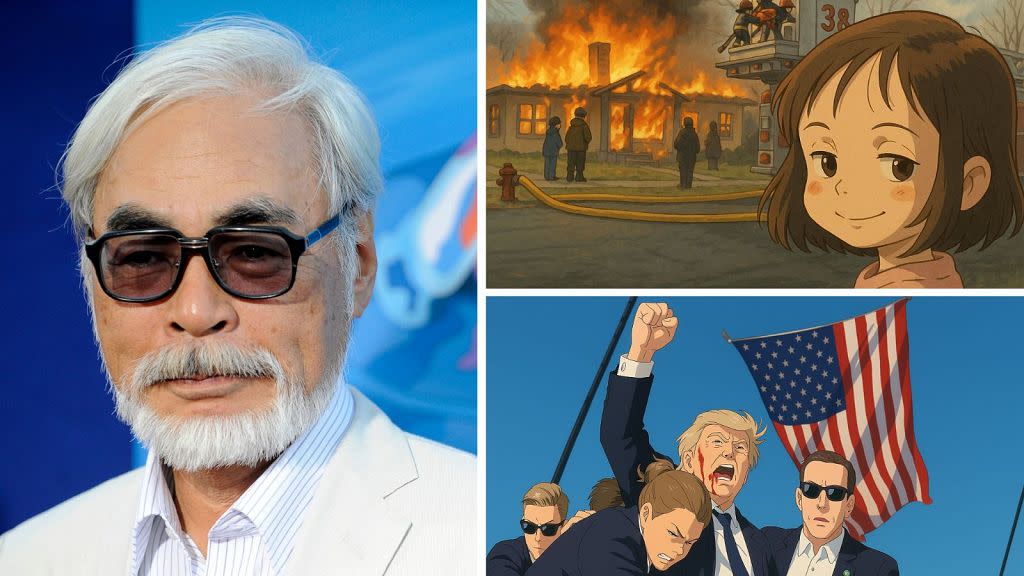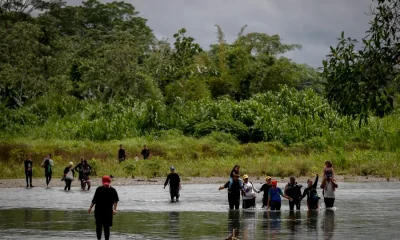International
The Ibero-American Summit begins, the first without Latino presidents except the host

The XXIX Ibero-American Summit started this Friday in Cuenca (Ecuador) with the attendance of the lowest leaders in the history of this forum, which began in 1991, and without any president of Latin America, with the exception of the host, Daniel Noboa, an unprecedented fact in this series of meetings between the twenty-two countries of Ibero-America.
This event, whose motto is ‘Innovation, inclusion and sustainability’, only the King of Spain, Felipe VI; the president of Portugal, Marcelo Rebelo de Sousa, and the head of the Government of Andorra, Xavier Espot, arrived, while, in another unprecedented event, the chairs of three countries were empty: Mexico, Nicaragua and Venezuela, which maintain broken relations with Ecuador.
Ibero-American Summit in the midst of tensions
Despite the scarce presence of leaders, the delegations are working to adopt a declaration that includes the agreements reached during the preparatory meetings, especially in terms of cooperation, but the talks are encountering obstacles in countries opposed to gender policies and focused on the sustainable development objectives (SDGs), according to sources close to the negotiation.
Tensions also focused on Cuba’s disagreement with Argentina’s claim to remove from the declaration a condemnation of the United States blockade of the Caribbean country, according to other sources also consulted by EFE during the development of the meeting of foreign ministers.
Given the difficulty of achieving the unanimity necessary to issue a statement from this Summit, countries such as Spain, Costa Rica, Panama and Chile promoted a declaration supported by the vast majority of participants, which will not be an official document of the appointment.
Allamand asks for cohesion
“It would be absurd to ignore that the region is experiencing convulsive times,” admitted the Ibero-American Secretary General, Chilean Andrés Allamand, in his speech at the opening ceremony of the Ibero-American Summit.
The head of the Ibero-American General Secretariat (Segib) remarked that “the world needs more and not less multilateralism, cooperation and solidarity,” in a context where “politics is besieged by fragmentation and polarization.”
“The consequence of this is the great difficulty in generating consensus, which slows down the reforms that could lay new foundations of prosperity and coexistence,” said Allamand.
In that sense, he recalled that “the Ibero-American meeting allows us to distinguish us in a world in which conflicts explode, threats loom, injustices are perpetuated.”
“The Ibero-American meeting is the one that allows, in times of difference, to reach consensus, in times of fragmentation, to provide unity, in times of division and to promote cohesion,” while, “in times of difference, to take steps to argumentation, but not to exclusion.”
Thus, Allamand invited to “claim Ibero-America” and take advantage of “a work of more than 30 years in which the search for consensus has prevailed and in which advances have been generated with a real impact on people’s lives.” “This is not the time for resignation, but for ambition,” he added.
Noboa: “We carried out the Summit despite the conflicts”
For his part, Noboa said that his administration has worked to carry out this Summit, “despite all the internal and external problems and conflicts.”
The president, the youngest in Latin America, 36 years old, called for innovative solutions against transnational organized crime, climate change, the labor inclusion of young people, environmental protection, access to education and the strengthening of connectivity.
That is why he encouragered support for young people through job creation and vocational training, which in his opinion will open paths towards equitable economic growth.
“This will only be possible to achieve with the commitment of the business sector, as evidenced at the XV Ibero-American Business Meeting, which concluded this afternoon with the approval of the ‘Commitment to employability’,” Noboa celebrated at the Ibero-American Summit.
“The alarming unemployment rates make us an easy target for organized crime, which undermines the economic and social development of our nations. We must promote policies that encourage public-private investments and allocate resources to education to forge a better future for youth,” he concluded.
After the inauguration of the XXIX Ibero-American Summit, the forum will continue this Friday with the development of the plenary sessions, in which the Heads of State and Government will intervene, as well as the delegates of the other representations.
International
Deportation flight lands in Venezuela; government denies criminal gang links

A flight carrying 175 Venezuelan migrants deported from the United States arrived in Caracas on Sunday. This marks the third group to return since repatriation flights resumed a week ago, and among them is an alleged member of a criminal organization, according to Venezuelan authorities.
Unlike previous flights operated by the Venezuelan state airline Conviasa, this time, an aircraft from the U.S. airline Eastern landed at Maiquetía Airport, on the outskirts of Caracas, shortly after 2:00 p.m. with the deportees.
Interior Minister Diosdado Cabello, who welcomed the returnees at the airport, stated that the 175 repatriated individuals were coming back “after being subjected, like all Venezuelans, to persecution” and dismissed claims that they belonged to the criminal organization El Tren de Aragua.
However, Cabello confirmed that “for the first time in these flights we have been carrying out, someone of significance wanted by Venezuelan justice has arrived, and he is not from El Tren de Aragua.” Instead, he belongs to a gang operating in the state of Trujillo. The minister did not disclose the individual’s identity or provide details on where he would be taken.
International
Son of journalist José Rubén Zamora condemns father’s return to prison as “illegal”

The son of renowned journalist José Rubén Zamora Marroquín, José Carlos Zamora, has denounced as “illegal” the court order that sent his father back to a Guatemalan prison on March 3, after already spending 819 days behind barsover a highly irregular money laundering case.
“My father’s return to prison was based on an arbitrary and illegal ruling. It is also alarming that the judge who had granted him house arrest received threats,” José Carlos Zamora told EFE in an interview on Saturday.
The 67-year-old journalist was sent back to prison inside the Mariscal Zavala military barracks on March 3, when Judge Erick García upheld a Court of Appeals ruling that overturned the house arrest granted to him in October. Zamora had already spent 819 days in prison over an alleged money laundering case.
His son condemned the situation as “unacceptable”, stating that the judge handling the case “cannot do his job in accordance with the law due to threats against his life.”
International
Miyazaki’s style goes viral with AI but at what cost?

This week, you may have noticed that everything—from historical photos and classic movie scenes to internet memes and recent political moments—has been reimagined on social media as Studio Ghibli-style portraits. The trend quickly went viral thanks to ChatGPT and the latest update of OpenAI’s chatbot, released on Tuesday, March 25.
The newest addition to GPT-4o has allowed users to replicate the distinctive artistic style of the legendary Japanese filmmaker and Studio Ghibli co-founder Hayao Miyazaki (My Neighbor Totoro, Spirited Away). “Today is a great day on the internet,” one user declared while sharing popular memes in Ghibli format.
While the trend has captivated users worldwide, it has also highlighted ethical concerns about AI tools trained on copyrighted creative works—and what this means for the livelihoods of human artists.
Not that this concerns OpenAI, the company behind ChatGPT, which has actively encouraged the “Ghiblification”experiments. Its CEO, Sam Altman, even changed his profile picture on the social media platform X to a Ghibli-style portrait.
Miyazaki, now 84 years old, is known for his hand-drawn animation approach and whimsical storytelling. He has long expressed skepticism about AI’s role in animation. His past remarks on AI-generated animation have resurfaced and gone viral again, particularly when he once said he was “utterly disgusted” by an AI demonstration.
-

 International4 days ago
International4 days agoFederal court blocks Trump’s use of Enemy Alien Act for deportations
-

 Central America4 days ago
Central America4 days agoHonduran group in U.S. pushes for voter registration to prevent election fraud
-

 Central America4 days ago
Central America4 days agoKristi Noem in Latin America: Talks with Bukele on expulsions and security policies
-

 International4 days ago
International4 days agoEcuador oil spill worsens as containment dam collapses
-

 Central America3 days ago
Central America3 days agoNicaragua denounces Costa Rica’s position in SICA as aligned with foreign interests
-

 Central America3 days ago
Central America3 days agoNicaragua’s new judicial law consolidates power in Ortega and Murillo’s hands
-

 Central America3 days ago
Central America3 days agoPanama’s president declares Darién gap ‘closed’ amid sharp drop in migrant flow
-

 International3 days ago
International3 days agoMarco Rubio warns Venezuela against military action against Guyana
-

 International1 day ago
International1 day agoSon of journalist José Rubén Zamora condemns father’s return to prison as “illegal”
-

 International1 day ago
International1 day agoMiyazaki’s style goes viral with AI but at what cost?
-

 Central America4 hours ago
Central America4 hours agoPanama police clarifies that Interpol alert for Martinelli is still pending
-

 International4 hours ago
International4 hours agoDeportation flight lands in Venezuela; government denies criminal gang links
-
Central America2 days ago
Nicaragua revokes legal status of 10 more NGOs, bringing total to over 5,600















